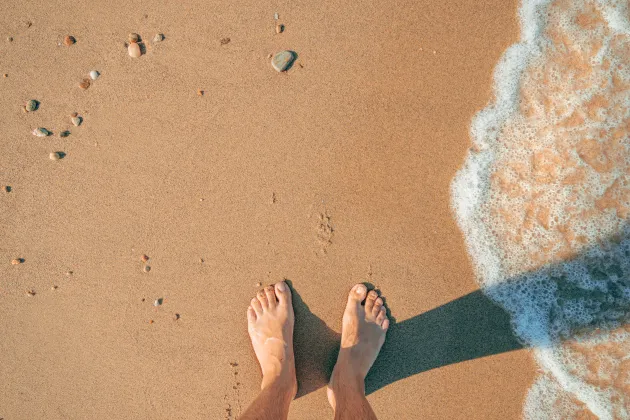In good time before your annual leave
Annual leave: Apply for annual leave in good time before your holiday, in accordance with the procedure at your workplace. It is important to register the application for annual leave in Primula in good time, so that you receive the right salary payment and avoid a salary debt. Ask your manager or closest HR officer for the deadline to register your application in Primula. The application for annual leave and other types of leave is to be registered in Primula and granted/authorised by the manager before the leave is taken. Also, make it a habit to check your salary specification, to ensure everything is correct.
Read more on the page about salary payments: Payment of salary | Staff Pages (lu.se).
There is a different procedure regarding annual leave for teaching practitioners, which is according to the local agreement on working hours for teaching staff. Read more on the page about annual leave: Annual leave | Staff Pages (lu.se).
- Outlays: Submit outstanding travel expense reports/outlays – Primula.
- Health promotion reimbursement: Send in your receipts as you go along. Please note that the deadline for applications for health promotion reimbursement in Primula is now 30 November. Read more on the page about Health promotion reimbursement.
- Register: Take the opportunity to register your documents before the summer holidays so that your colleagues can easily find them when you are away. Remember to include all case documents, cases should not be left empty of documents. W3D3
- Confirm delivery of received orders and manage your invoices in Lupin/Proceedo before you go on holiday.
Delegate your authorisations in Lupin/Proceedo to a colleague for your period of annual leave so that deliveries can be acknowledged, and invoices paid without delay.
See instructions: Delegate invoice management | Staff Pages (lu.se)
Remember to tell your colleague about any invoices or deliveries expected during your holiday period and how they should be handled.


